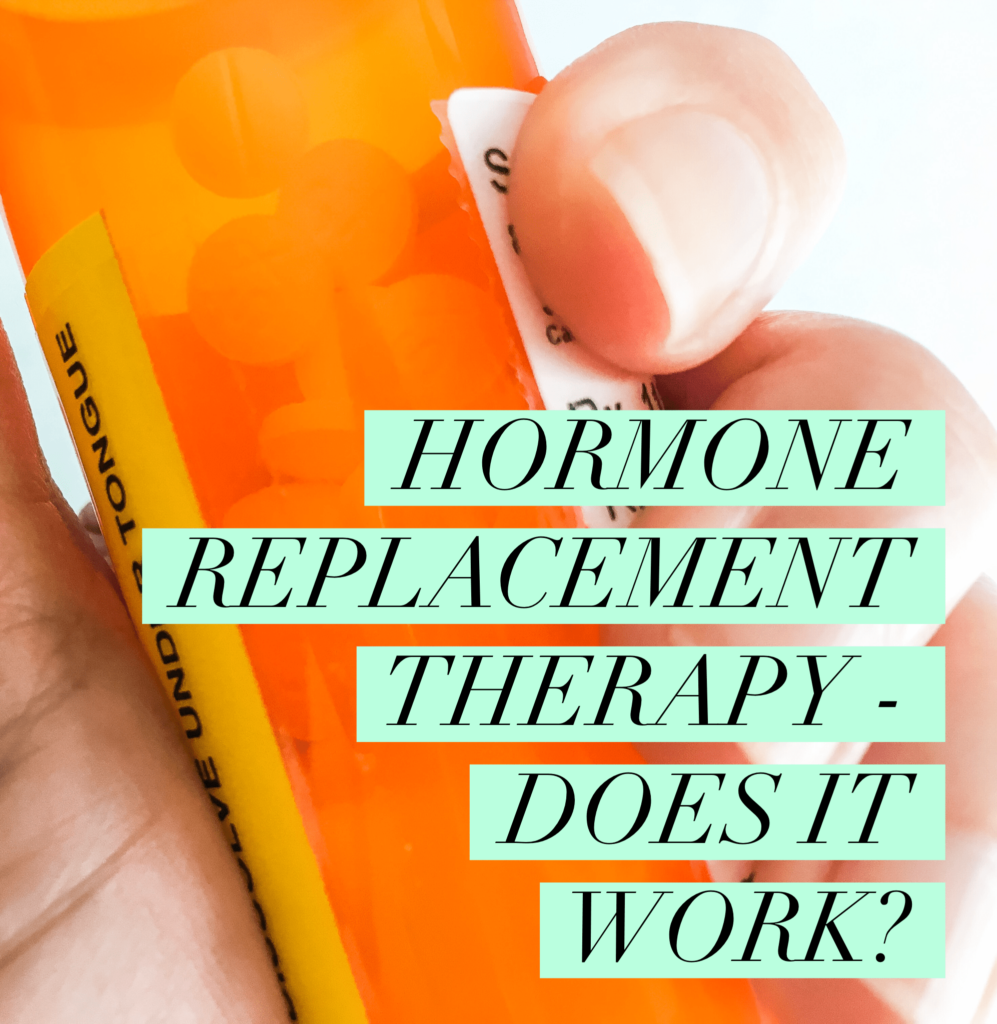Hormone Replacement Therapy: Understanding its Benefits and Risks

The two most important hormones used in HRT are estrogen and progesterone. Estrogen is the hormone that is responsible for the development and maintenance of female reproductive tissues and secondary sexual characteristics. Progesterone is the hormone that prepares the uterus for pregnancy and helps maintain it during pregnancy.
The Benefits of Hormone Replacement Therapy
HRT can help relieve the symptoms of menopause, such as hot flashes, night sweats, and vaginal dryness. It can also improve mood and sleep, reduce the risk of osteoporosis, and lower the risk of colon cancer.
Relief from Menopausal Symptoms
HRT can significantly reduce the frequency and severity of hot flashes and night sweats. It can also help relieve vaginal dryness, itching, and irritation, which can cause discomfort and pain during sexual intercourse.
Improved Mood and Sleep
Menopause can cause mood swings, anxiety, and depression. HRT can help improve mood and reduce the risk of depression. It can also help improve sleep quality, which can be disrupted by night sweats and hot flashes.
Reduces the Risk of Osteoporosis
Women are at a higher risk of developing osteoporosis after menopause due to the loss of bone density. HRT can help slow down this process and reduce the risk of fractures.
Lowers the Risk of Colon Cancer
Studies have shown that HRT can lower the risk of colon cancer in women who have undergone menopause.
The Risks of Hormone Replacement Therapy
HRT is not without risks. It can increase the risk of breast cancer, blood clots, stroke, and heart disease.
Increased Risk of Breast Cancer
Studies have shown that women who use HRT for more than five years have a slightly higher risk of breast cancer than women who do not use HRT.
Increased Risk of Blood Clots
HRT can increase the risk of blood clots, which can lead to deep vein thrombosis, pulmonary embolism, or stroke.
Increased Risk of Stroke
HRT can increase the risk of stroke, especially in women who have other risk factors for stroke, such as high blood pressure, smoking, or a history of heart disease.
Increased Risk of Heart Disease
Studies have shown that HRT can increase the risk of heart disease in women who have gone through menopause. This risk is higher for women who start HRT later in life or who have other risk factors for heart disease.
FAQs
Q: Is HRT suitable for everyone?
A: No, HRT is not suitable for everyone. Women who have a history of blood clots, stroke, heart disease, liver disease, or breast cancer should not use HRT. Women who have undiagnosed vaginal bleeding should also avoid using HRT.
Q: How long can I take HRT?
A: The duration of HRT depends on the individual. It is recommended that women take the lowest dose of HRT for the shortest time possible to achieve the desired benefits. Women should discuss the duration of HRT with their doctor.
Q: Are there any alternative treatments to HRT?
A: Yes, there are alternative treatments to HRT, such as lifestyle changes, herbal remedies, and non-hormonal medications. Women should discuss their options with their doctor.
Q: Can HRT cause weight gain?
A: HRT can cause weight gain in some women, but this is not always the case. Women who are concerned about weight gain should discuss this with their doctor.
The Bottom Line
Hormone Replacement Therapy can be an effective treatment for menopausal symptoms and osteoporosis. However, it is not suitable for everyone and comes with some risks. Women should discuss the benefits and risks of HRT with their doctor and consider alternative treatments if necessary.

